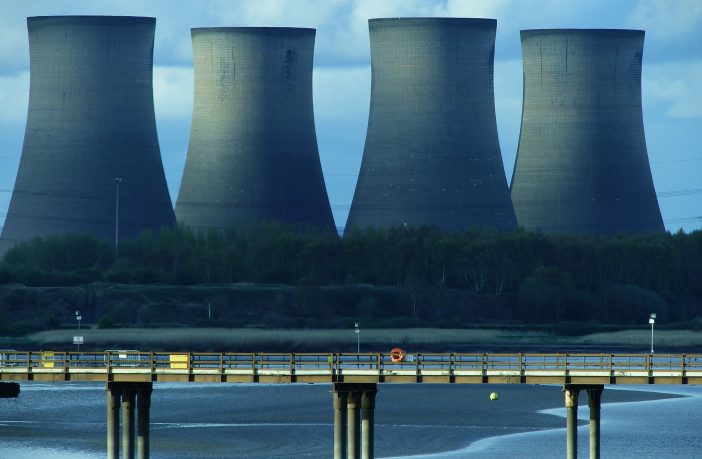- The UNEP FI project brought together twenty of the world’s largest investors to create a report that will serve as a guide for companies to be more transparent about climate-related risk.
- The pilot study suggested that the longer companies delay decarbonisation to help cap a global temperatures rise at 2 degrees Celsius, the higher the costs will be.
- The report finds that government inaction on climate change will further exacerbate costs and risks, to the tune of USD 1.2 trillion for 30,000 of the largest listed companies.
- Utilities, transportation, agriculture as well as mining & petroleum refining sectors stand out as having high policy risk.
Climate change is already impacting communities and economies around the world and these impacts will continue to intensify. Extreme weather events, including floods, tropical cyclones, and extreme hot and cold days are already physically impacting business operations.
At the same time, policy and technology shifts ensuring that we make the transition to a low-carbon economy mean that emission-intensive companies will become less competitive. These changes pose potentially unprecedented risks—and opportunities—to institutional investors and other financial institutions that are exposed to these businesses.
Twenty institutional investors from eleven countries convened by the UN Environment Finance Initiative (UNEP FI) last week launched comprehensive investor guidance to help assess how climate change and climate action could impact investor portfolios around the world. The report will help investors contribute to and benefit from the transition to low-carbon and climate-resilient economies.
The report found that government inaction on climate change will further exacerbate costs and risks, to the tune of USD 1.2 trillion for 30,000 of the largest listed companies.
“We now know for sure that climate change will alter our living environment radically for the worse,” said Satya Tripathi, UN Assistant Secretary General and Secretary of the UN Environment Group. “If we are serious about the future of our civilization and about delivering the Paris Agreement, we will have to fully decarbonize the economy by 2050, requiring no less than a ‘green industrial revolution’. It is still possible for us to act decisively to prevent catastrophic damage to the very web of life that sustains all species on the planet, including us humans.”
The report highlights the following:
- Climate Change exposes companies to a significant level of transition risk, affecting as much as 13.16% of overall portfolio value.
- Utilities, transportation, agriculture as well as mining & petroleum refining sectors stand out as having high policy risk.
- Green revenues generated from the sale of low carbon technologies, which support the transition, will help companies offset costs from complying with greenhouse gas (GHG) reduction policies.
- If governments delay action to enact climate policies that reduce GHG emissions, investors face a further loss of 1.2 trillion USD off of AUM as compared to a scenario where climate policy is enacted smoothly and steadily with immediate effect.
Download a copy of the report here.
Author: Bryan Groenendaal















